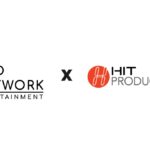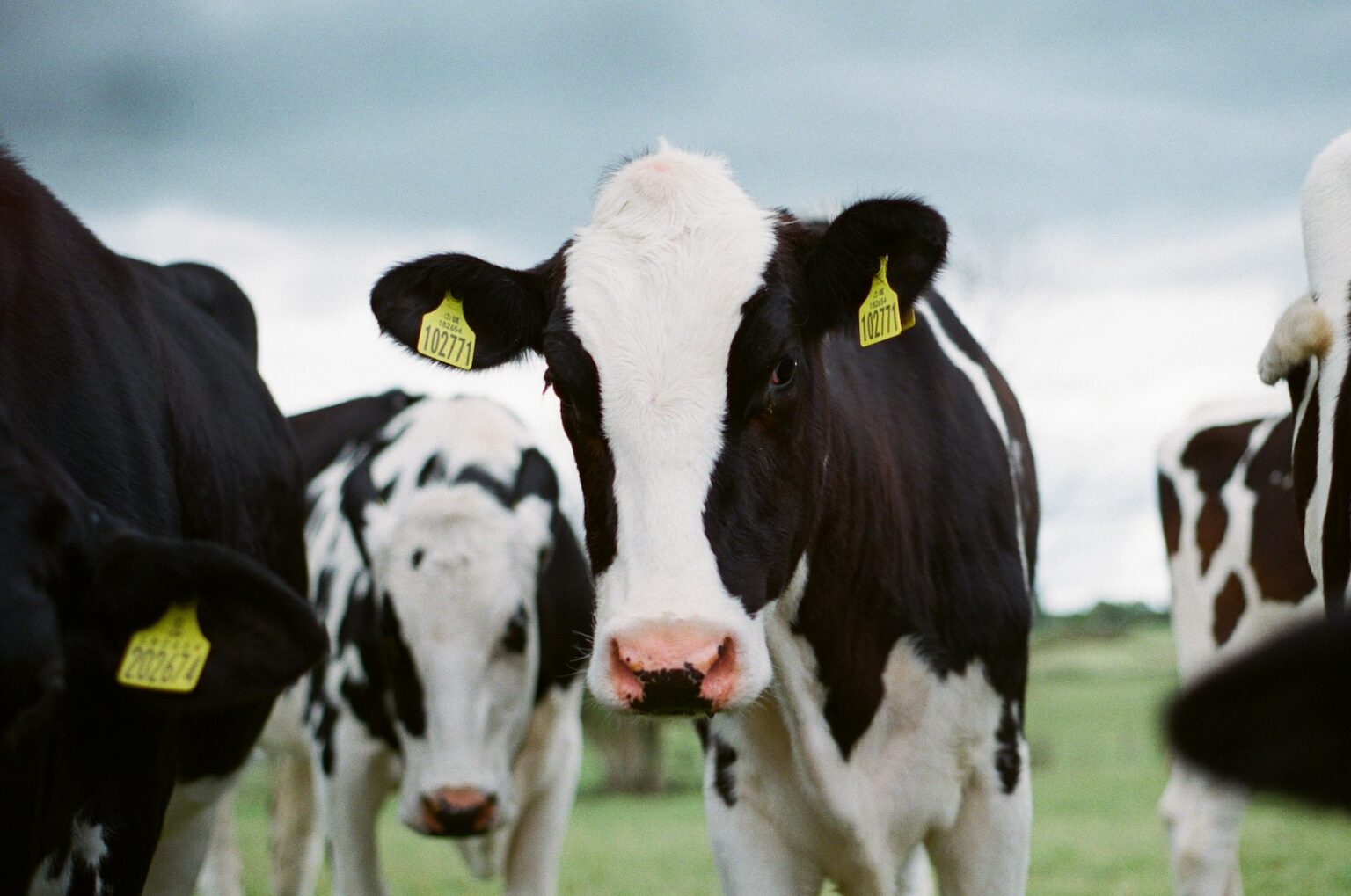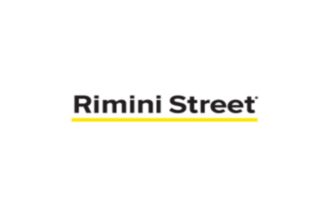Tensions are escalating in South Korea’s dairy sector as the Ministry of Agriculture, Food, and Rural Affairs imposes pressure on dairy companies to hold back on looming milk price increases. In a confidential meeting reported by the Food Ministry last Wednesday, the Ministry has voiced its concerns over a predicted surge in raw milk prices.
The private body responsible for raw milk distribution, the Korea Dairy Committee, is contemplating plans to escalate the price of raw milk around August due to rising labor and cow feed costs. According to local dairy officials, an inevitable consequence is an increase in the cost of milk products in the second half of the year if raw milk prices surge.
An anonymous official from a local dairy company stated that raw milk costs play a vital role in setting milk prices. If the raw milk cost starts to increase by August, they’ll have no other option but to raise the milk price.
However, the Food Ministry spokesperson has noted that this year’s “milkflation” won’t be as steep as the previous year. The reason being, the Ministry has recently adopted a new policy to control excessive price surges by establishing a price hike limit.
In 2022, dairy companies could boost their raw milk prices by 104 won (8 US cents) to 127 won per liter. But with the introduction of this policy in 2023, these firms can only increase their prices between 69 won and 104 won per liter. This policy implies that even if the price goes up by the maximum limit of 104 won per liter, it would equal the least increase rate seen last year.
Also read: Malaysia Airlines Bold Leap: Embracing the Future with Boeing 737-8
Following this development, an increase in the price of raw milk from 69 won to 104 won per liter is likely to raise the price from 1,065 won to 1,100 won per liter. Currently, the cost of raw milk is at 996 won per liter.
Last year, when raw milk prices experienced a 49 won (5.1%) hike per liter, leading dairy firms like Seoul Milk, Maeil Dairy, and Namyang Dairy amplified their milk prices by an average of 6.6%, 9.6%, and 8.6% respectively.
This mounting pressure on dairy firms to suppress their rising milk prices comes at a time when the ramen, confectionery, and baking industry are reducing the prices of their products. One local dairy company official believes the government should address inquiries to dairy farmers to cut back on raw milk price increases to effectively manage milkflation.
On June 26, the Food Ministry met with representatives from milling companies, asking them to decrease wheat prices, as international wheat prices have seen a decline this year. In response, the nation’s leading ramen producers, including Nongshim, have reduced the prices of their best-selling instant noodle products by approximately five percent.
(Source: The Jakarta Post)

















